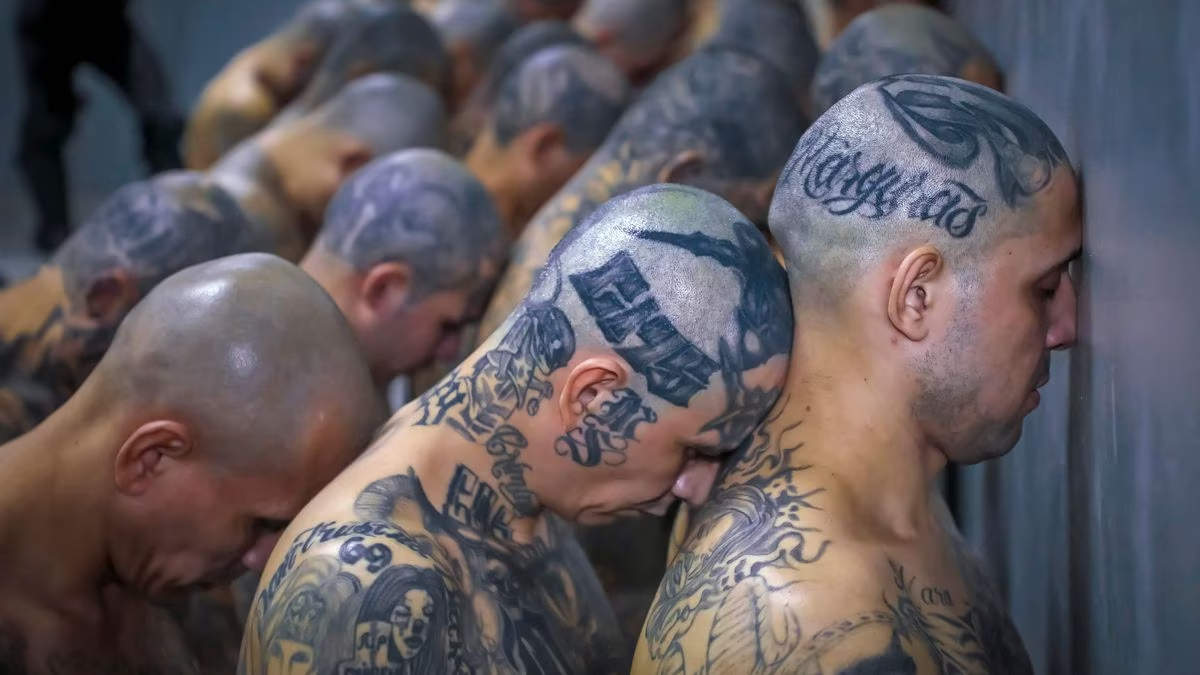President Daniel Noboa of Ecuador takes a firm stand against gang violence, earning broad support after a shocking wave of violence.
Like El Salvador’s Nayib Bukele, his security measures resulted in 6,000+ arrests and nearly 80% approval ratings.
Noboa avoids Bukele’s extreme actions, focusing on drug cartels while respecting constitutional and human rights. Ecuadorians support the tough stance.
Noboa declared an “internal armed conflict” against narco gangs, labeling 22 groups as terrorist organizations.
The response involved deploying armed forces and police, significantly reducing violent murders.
Critics, however, express concern over the lack of a long-term plan in Ecuador’s gang fight, questioning the sustainability of such a militarized crime strategy.

Recent attacks, including prison riots and assaults on security forces, highlight the gangs’ significant threat.
Noboa’s efforts aim not just to quell current violence but to regain control over gang-dominated areas, with help from countries like Israel.
The Ecuadorian public’s support for Noboa’s “iron fist” signals a strong desire for peace and safety.
As Ecuador confronts this tumultuous time, the world watches closely.
Noboa’s policies are a pivotal example of combating drug-related violence in Latin America, testing their effectiveness and impact.
Background
Global tactics and nations like El Salvador influence Ecuador’s “iron fist” policy against crime.
Ecuador’s strategy against drug cartels has strong public support, prioritizing safety over potential overreach.
This development highlights the ongoing struggle in Latin America to balance security needs with democratic values.
The global community observes Ecuador’s anti-crime approach as a key example for Latin America, highlighting its critical role in the region.

